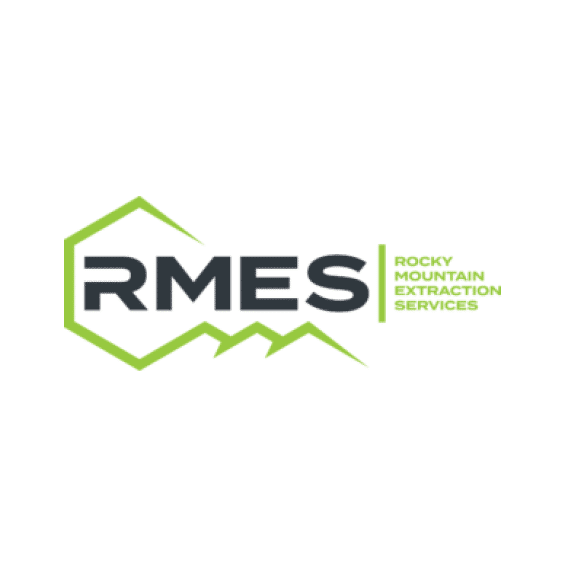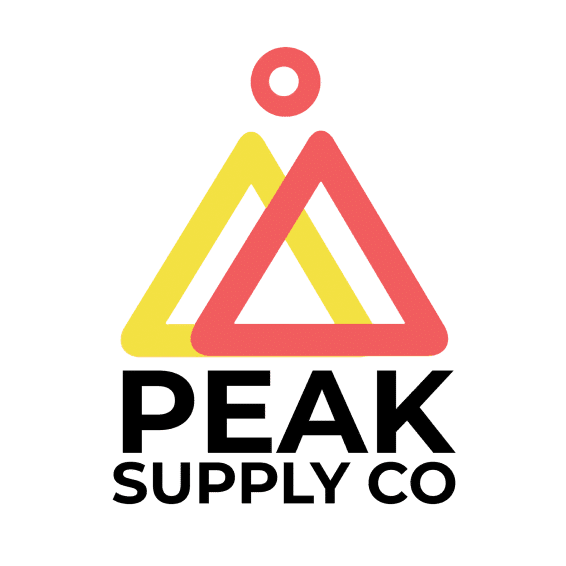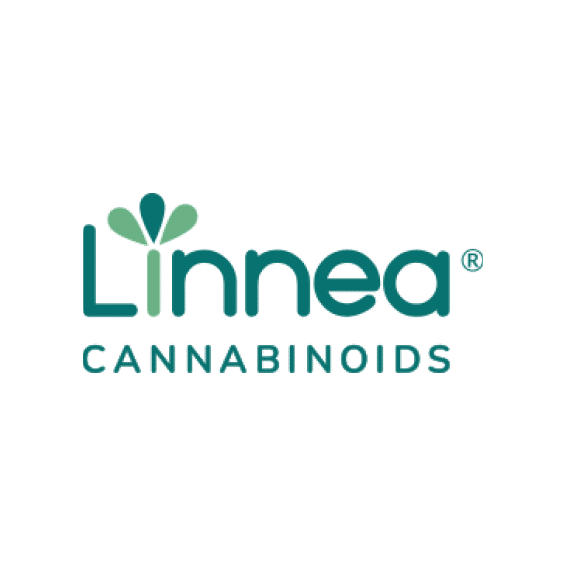Businesses Found: 27
Best Extraction Companies in One Directory
This section of the botanical extraction business directory is a little different from others.
While the Solvents, Equipment, Testing and Consulting mostly cater to the needs of extraction companies themselves, this section is a place for those who are looking FOR an extraction company.
If you’re in need of a bulk order of terpenes, white label cannabinoid-infused product supplier, or a different bioactive plant-derived substance, this is the right directory to go through.
Now, we’ll cover the basics first and provide advice on how to choose the right extraction partner for your ventures.
What do extraction companies do?
Extraction companies specialize in removing specific components from various raw materials, particularly botanical substances. How’d you get CBD out of cannabis? Tryptamines out of shrooms? And aloe vera extract from, well, aloe vera plant? That’s the business of an extraction company.
The list of industries that work in close collaboration with extraction companies is immense. It includes pharmaceuticals, food and beverage, cosmetics, and increasingly — the legal cannabis and hemp sectors.
How does the extraction happen?
Extraction companies use various techniques to extract desirable compounds while leaving behind the rest of the material.
Nowadays, in 2024, the most common extraction methods include:
- CO2 extraction with supercritical carbon dioxide to pull cannabinoids, terpenes, or other substances from plant material. Mainly popular for its efficiency and purity;
- Ethanol extraction involves soaking the plant material in ethanol to extract the compounds needed. Simplicity and effectiveness at their best, with a wide range of components as the result;
- Hydrocarbon extraction uses solvents like butane or propane to extract oils from plants, most often — for producing concentrates;
- Solventless extraction means pure mechanical separation or pressing (as with rosin press) that does not require solvents.
Why do you need an extraction company in the first place?
It wouldn’t be a multi-billion-dollar industry if extraction was as easy as hiring an in-house professional to turn all the initial materials into the extracts your business needs. Yet, it is a major industry.
And the price of a proper extraction lab setup (which can be anything from $100,000 to $500,000 and further up before labor and energy costs) is not even the major factor here. Major factors are:
Quality and Consistency
Professional extraction companies make sure that the extracts are high in quality and consistent in potency, which is crucial for any manufacturing process that requires precise formulations.
Efficiency
Extraction companies have the expertise and equipment to process large quantities of raw material quickly, saving time and labor costs for your business.
In-house extraction labs are a rare sight because it takes expertise and a substantial budget to build an actually efficient facility.
Compliance and Safety
With strict regulations, especially in the cannabis industry, any business that works with extracts must be pretty happy that they’re not the ones dealing with all the paperwork needed to produce a fully compliant batch of extract. Extraction companies ensure that their processes meet legal standards for safety and purity.
What extracts are the most common?
Given the technological advancements, the rule of thumb is “if it’s in the plant, you can get it out”. Even minor cannabinoids, like THCO, can be extracted, purified, and used separately from all others (hundreds!) of cannabis components.
Here’s a short list of compounds that we’ve focused on in this extraction companies directory:
- CBD (cannabidiol) oils and tinctures;
- THC concentrates (including shatter, wax, and budder);
- Full-Spectrum extracts (with all phytochemicals naturally found in the plant, including cannabinoids, terpenes, and other compounds);
- Isolates (actual pure forms of cannabinoids, though most commonly CBD or THC);
- Essential oils (highly concentrated oils for aromatherapy, cosmetics, and flavoring, for instance — lavender or citrus oils);
- Flavors and fragrances (to impart specific tastes or scents to food, beverages, perfumes, and personal care products);
- Nutraceuticals (for dietary supplements and health foods, with examples ranging from omega-3 fatty acids from fish oil to antioxidants from berries);
- Active pharmaceutical ingredients, also known as APIs (for instance, paclitaxel, a cancer medication, is initially extracted from the bark of the Pacific yew tree);
- Cosmetic ingredients (such as aloe vera gel, tea tree oil, or witch hazel);
- Biofuels (from corn oil extracted and fermented to produce ethanol, or algae extracts converted into biodiesel);
- Dyes and pigments (for textile and crafting industries).
Most common extraction company services
Here are the types of services that most extraction companies in this directory provide. Just the top-3 of them:
Wholesale Suppliers
Essential for businesses looking to source large quantities of extracts or raw materials at a reduced cost. Wholesale suppliers can provide the necessary volume to meet your production needs without the hassle of dealing with multiple smaller suppliers.
White Label Services
These extraction companies allow your business to market and sell high-quality products manufactured by another company under your own brand name. Useful across all industries, especially the highly competitive ones, where brand differentiation is key to capturing consumer interest.
Custom Product Formulations
This option offers product formulations tailored to specific therapeutic or aromatic profiles, either from a basis or from ground up, so your business can stand above the competition in markets where the contents of the product play the main part.
One final option that is not quite popular, yet shall be supported, is research and development (R&D) collaboration. Partnering with extraction companies that offer R&D services can help in developing new products or improving existing ones.



















